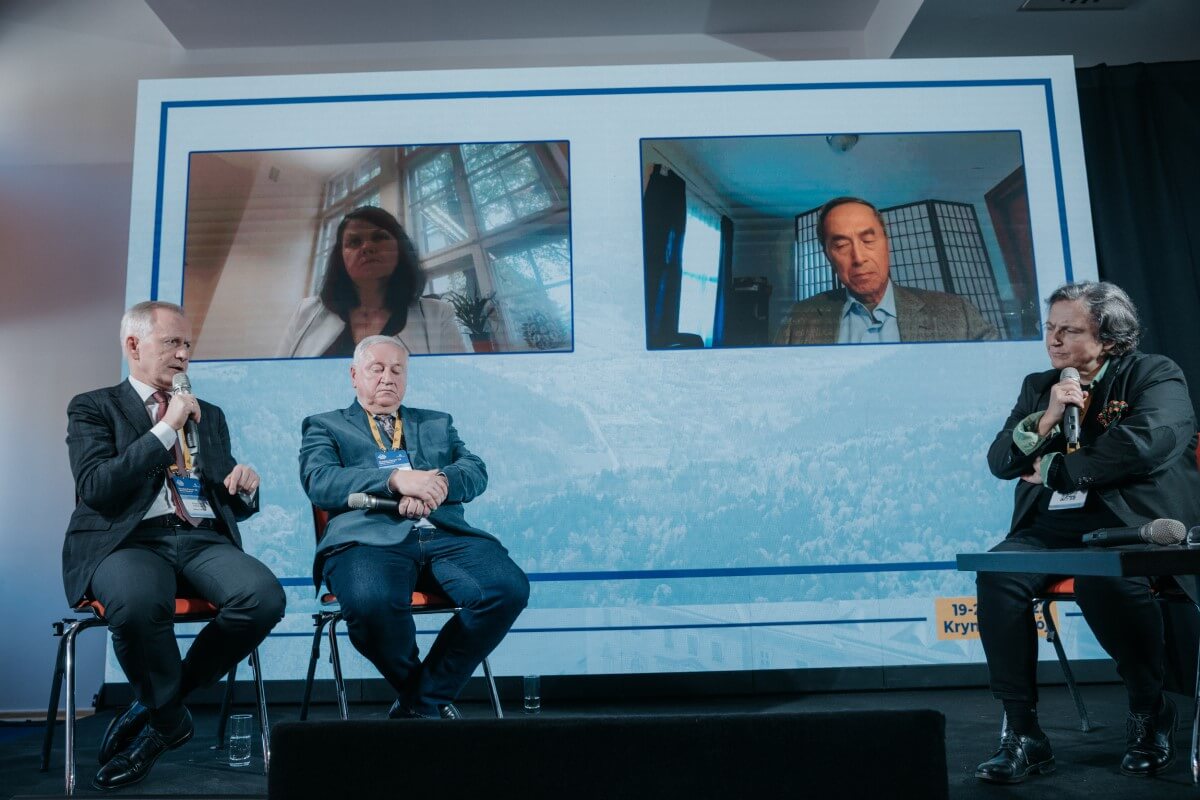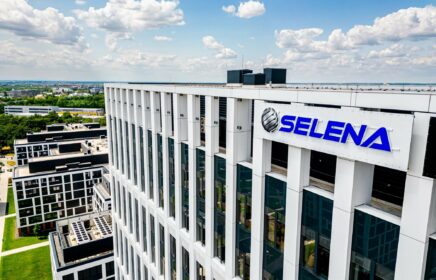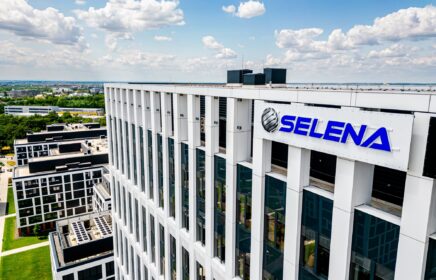Decoupling, or ending the economic dependencies between the U.S. and China, will undoubtedly be one of the most difficult experiences for all humanity. Participants of the debate on the economic rivalry of these global players, while emphasizing their multi-layered ties in almost every sphere, noted the mutual benefits that the two countries derive from this relationship.
Once again, the city of Krynica-Zdrój, Poland, became the center of an important debate spanning politics, business and science. The three-day “Krynica Forum ’22 – Growth and Recovery” is devoted to discussions about broadly understood security, economic and social development issues, as well as geopolitical challenges. All those aspects were highlighted during the “U.S.–China Trade War” panel.
“From a practical standpoint, the decoupling of the two economic giants will not be easy given the 50 years of their real cooperation in many areas at different levels. The United States and China are like Siamese brothers – their ties are very strong, but each has a strong urge to compete. Although it would seem pragmatic to try and strengthen one’s position, from the business point of view, after such a long period of cooperation, and in such important sectors as steel production, chemicals, assembly of components or textiles, change will be very difficult to implement,” notes Krzysztof Domarecki, the founder and main shareholder of Selena Group. “Asia, and specifically China in the first place, was where the West has moved those production areas that require cheap labor, and on the other hand have a negative environmental impact. Today – especially in Europe – moving those production plants back is simply impossible due to stringent environmental protection rules and the lack of cheap labor The American labor market does not have the capacity to absorb such a large potential inflow of new factories, jobs, or even the infrastructure to support them. In Europe, the situation is even more tense – many Western companies are already working single shifts due to a lack of manpower,” Krzysztof Domarecki emphasizes.
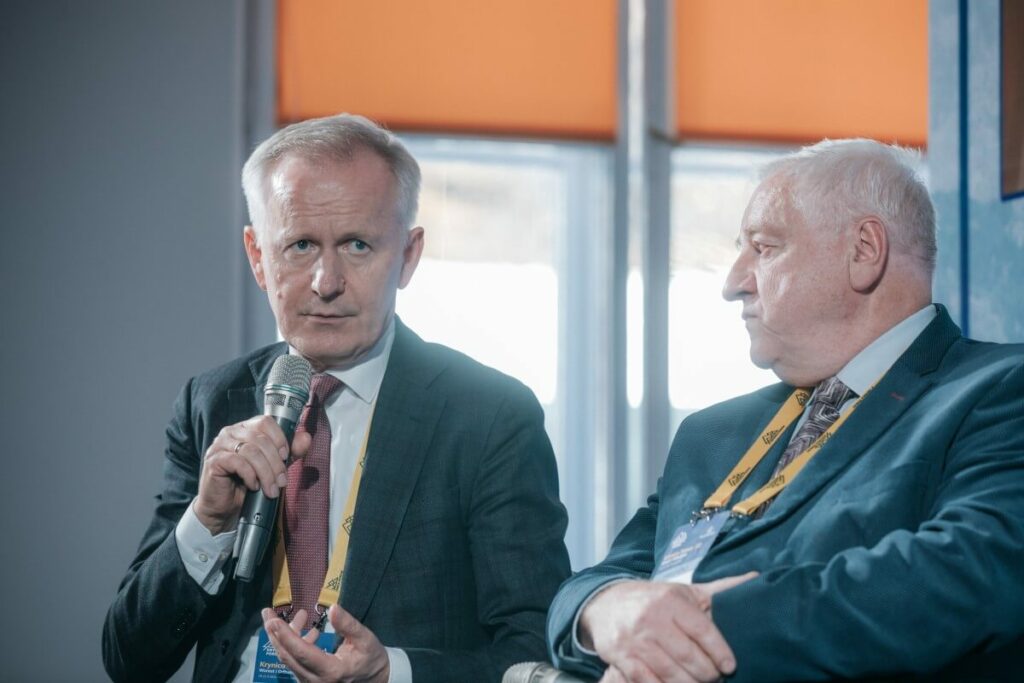
The panel participants concurred that the last several decades have seen China grow enormously in almost every area of life. Prof. Bogdan Góralczyk (political scientist and sinologist) stressed that especially over the last 5–7 years China’s growth has been spectacular and certainly underestimated by politicians, especially American ones. “The 20th National Congress of the Chinese Communist Party speaks about “a new era” of the country. Indeed, we must recognize the fact that we are living in a new age globally. All the processes that we are now witnessing – Russia’s aggression of Ukraine, the dispute over Taiwan, media and ideological wars, and competition in cyberspace, affect, not only economically, every part of the globe.
This view was also shared by Krzysztof Domarecki: “We are observing a multi-level conflict, going from politics, to a dispute over values, through to competition in space. And it was relatively recently, perhaps some 20 years too late, that we discovered how strong a contender China is. There is basically one conclusion that we can draw here: decoupling, which is inevitable in the immediate future, is not going to harm China. From their perspective, the process will be quite limited, and the demand for raw materials and components will continue. Decoupling will in the first place hurt the U.S. stock, and consequently U.S. retirees, who rely on the value of their shareholdings and dividends. And the only thing we can predict now is absolute instability,” he added.
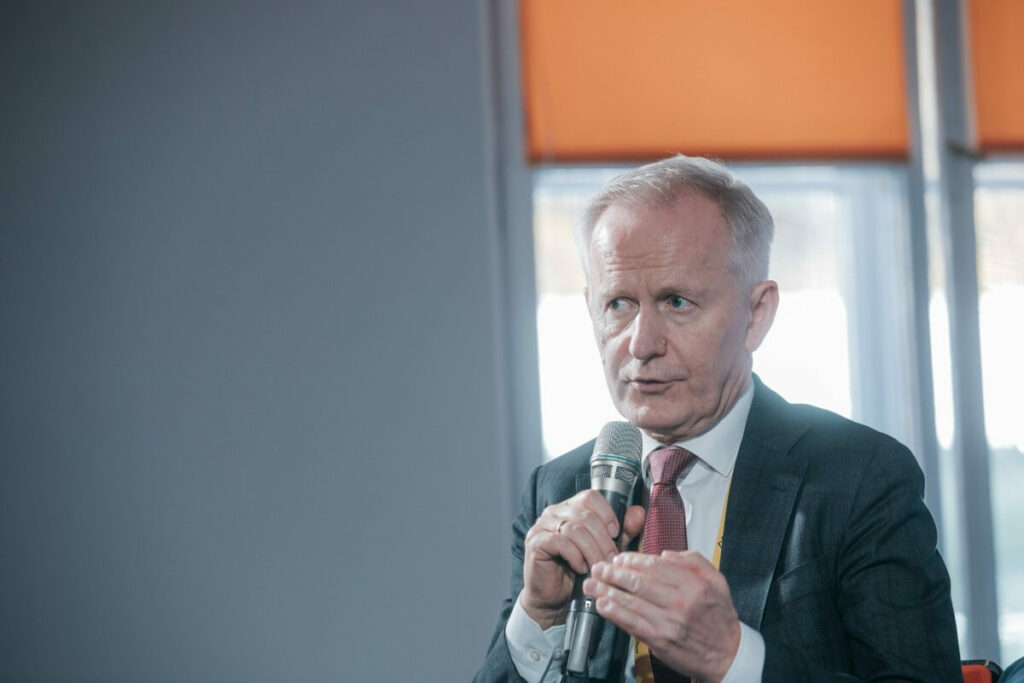
In addition to Krzysztof Domarecki and Prof. Bogdan Góralczyk, the panel was attended by: Katarzyna Kacperczyk (SGH Warsaw School of Economics, former Deputy Minister of Foreign Affairs) and Prof. Yu Bin (Russian Studies Center of the East China Normal University, Shanghai). The discussion was moderated by Małgorzata Bonikowska, PhD (Center for International Relations).
